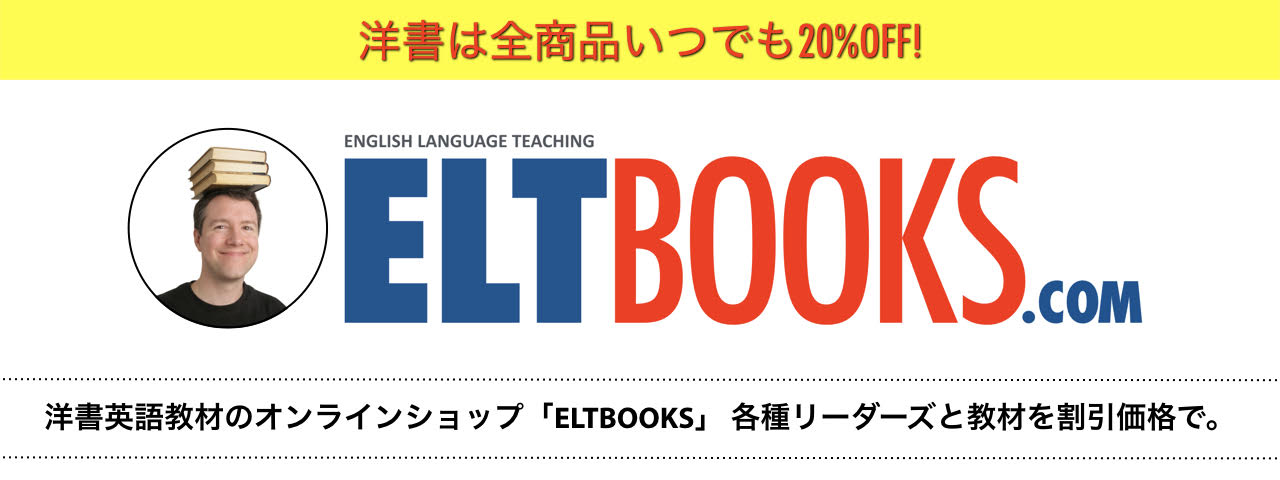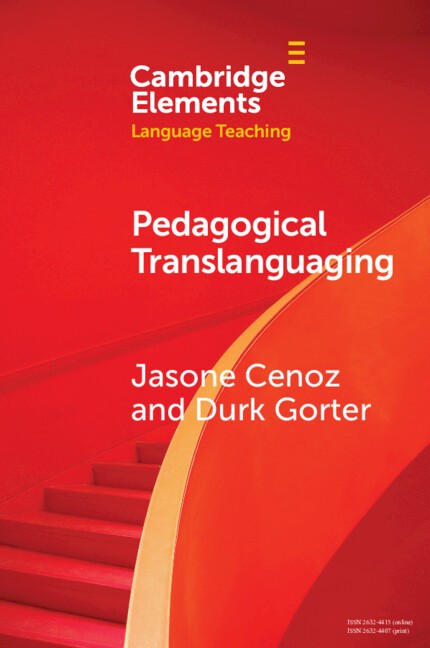Home >
Cambridge Elements in Language Teaching >
Pedagogical Translanguaging (Paperback)
Cambridge Elements in Language Teaching
Pedagogical Translanguaging (Paperback)
ISBN: 9781009014403
Series: Cambridge Elements in Language Teaching
Pedagogical Translanguaging (Paperback)
Cambridge Elements in Language Teaching Pedagogical Translanguaging (Paperback) メディア > 書籍 > ノンフィクション > 言語学習書 Now available| ご注文はこちら |
ISBN
9781009014403 (旧規格ISBN: 1009014404)
- 説明
- シリーズの説明
Learning through the medium of a second or additional language is becoming very common in different parts of the world because of the increasing use of English as the language of instruction and the mobility of populations. This situation demands a specific approach that considers multilingualism as its core. Pedagogical translanguaging is a theoretical and instructional approach that aims at improving language and content competences in school contexts by using resources from the learner's whole linguistic repertoire. Pedagogical translanguaging is learner-centred and endorses the support and development of all the languages used by learners. It fosters the development of metalinguistic awareness by softening of boundaries between languages when learning languages and content. This Element looks at the way pedagogical translanguaging can be applied in language and content classes and how it can be valuable for the protection and promotion of minority languages. This title is also available as Open Access on Cambridge Core.
Language teaching as a field of study straddles the disciplines of education and applied linguistics (and at times other disciplines such as applied psychology and applied sociology). As societies have become increasingly mobile, language teaching practices have changed to keep pace with changing learners’ needs. Globalisation has led to dramatic changes in language pedagogies, both in terms of the rise of global lingua franca such as English, Spanish, Chinese, and Arabic, as well as issues surrounding language teaching in immigrant communities.
As language teaching has developed as a distinct academic field, some scholars have observed a widening gap between researchers and practitioners, accompanied by limited exposure to research by teachers, and a disconnect between professional and academic publications. This elements series aims to close this gap by allying research with language teaching practices, in its exploration of research-informed pedagogy, and pedagogy-informed research. The series builds upon a rich history of pedagogical research in its exploration of new insights within the field of language teaching.
As language teaching has developed as a distinct academic field, some scholars have observed a widening gap between researchers and practitioners, accompanied by limited exposure to research by teachers, and a disconnect between professional and academic publications. This elements series aims to close this gap by allying research with language teaching practices, in its exploration of research-informed pedagogy, and pedagogy-informed research. The series builds upon a rich history of pedagogical research in its exploration of new insights within the field of language teaching.
Learning through the medium of a second or additional language is becoming very common in different parts of the world because of the increasing use of English as the language of instruction and the mobility of populations. This situation demands a specific approach that considers multilingualism as its core. Pedagogical translanguaging is a theoretical and instructional approach that aims at improving language and content competences in school contexts by using resources from the learner's whole linguistic repertoire. Pedagogical translanguaging is learner-centred and endorses the support and development of all the languages used by learners. It fosters the development of metalinguistic awareness by softening of boundaries between languages when learning languages and content. This Element looks at the way pedagogical translanguaging can be applied in language and content classes and how it can be valuable for the protection and promotion of minority languages. This title is also available as Open Access on Cambridge Core.
As language teaching has developed as a distinct academic field, some scholars have observed a widening gap between researchers and practitioners, accompanied by limited exposure to research by teachers, and a disconnect between professional and academic publications. This elements series aims to close this gap by allying research with language teaching practices, in its exploration of research-informed pedagogy, and pedagogy-informed research. The series builds upon a rich history of pedagogical research in its exploration of new insights within the field of language teaching.
シリーズの説明
Language teaching as a field of study straddles the disciplines of education and applied linguistics (and at times other disciplines such as applied psychology and applied sociology). As societies have become increasingly mobile, language teaching practices have changed to keep pace with changing learners’ needs. Globalisation has led to dramatic changes in language pedagogies, both in terms of the rise of global lingua franca such as English, Spanish, Chinese, and Arabic, as well as issues surrounding language teaching in immigrant communities.As language teaching has developed as a distinct academic field, some scholars have observed a widening gap between researchers and practitioners, accompanied by limited exposure to research by teachers, and a disconnect between professional and academic publications. This elements series aims to close this gap by allying research with language teaching practices, in its exploration of research-informed pedagogy, and pedagogy-informed research. The series builds upon a rich history of pedagogical research in its exploration of new insights within the field of language teaching.
EASY ORDER FORM
表示価格が税込価格
価格(税抜):
3,630 円 2,904 円 ∼ 20% OFF!


